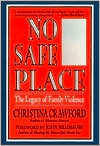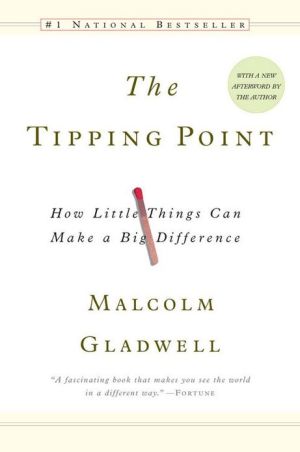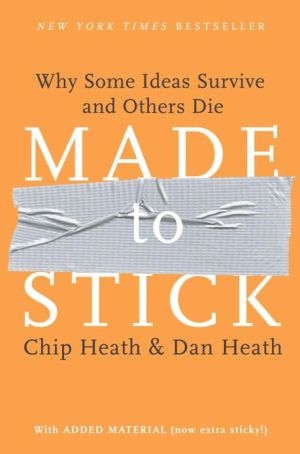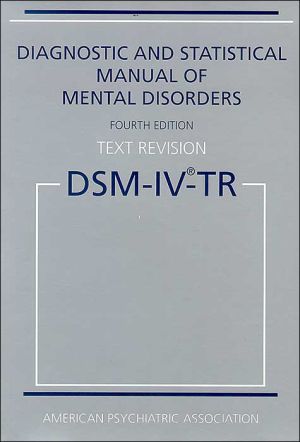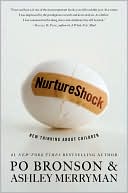No Safe Place: The Legacy of Family Violence
Christina Crawford's devastating memoir Mommie Dearest (over 5,000,000 sold), first as book and later as Hollywood film, made the American public aware of violence in the family. In No Safe Place, drawing further on her personal story, but adding sociological research and case histories, the author shows how family violence is responsible for addictive behavior, depression, sleep disorders, chronic illness, suicide, delinquency, homelessness, and apparently "mindless" violent crime. A call to...
Search in google:
Christina Crawford's devastating memoir Mommie Dearest (over 5,000,000 sold), first as book and later as Hollywood film, made the American public aware of violence in the family. In No Safe Place, drawing further on her personal story, but adding sociological research and case histories, the author shows how family violence is responsible for addictive behavior, depression, sleep disorders, chronic illness, suicide, delinquency, homelessness, and apparently "mindless" violent crime. A call to action, this impassioned book offers the hope that in facing the truth about our families we can save our society and ourselves. Publishers Weekly After briefly describing episodes of childhood abuse previously recounted in her 1978 book Mommy Dearest, as well as her 1981 stroke and subsequent recovery, Crawford goes on to look at the various reactions of abused and neglected children. They cover, she notes, ``a wide range of dysfunctional behaviors.'' Very wide: homelessness, suicide, racism, overeating and unnecessary surgery are just a few of the 27 spokes on her ``survivor's wheel.'' Here she projects childhood trauma into almost every conceivable societal or personal evil. It's already a stretch to cover these myriad of ills in such a short space and the text is further thinned by tangential subjects. So while Crawford may be perfectly good and right, she is rarely new or substantive. (``Unsterile, shared needles and unprotected sexual encounters spread AIDS.'') Likewise, her recommendations are navely simplistic, whether on homelessness (``People with extra space in their homes could rent a room to someone who might otherwise end up on the street... Apartment projects could be cleaned up, organized for tenant self-government, and reclaimed from drug dealers.'') or alcoholism (``Books are plentiful. Help is readily available if one wants it.''). (Aug.)
ForewordPrefaceIntroduction: No Safe Place1Ch. 1The Legacy of Family Violence11Ch. 2The Survivor's Wheel29Ch. 3Addictive Behavior37Alcoholism40Drug Addiction45Eating Disorders49Sex and Love Addictions52Addictions to Spending and Gambling57Workaholism59Addiction to Exercise62Religion63Ch. 4Interpersonal Behavior65Few Friends68Lack of Intimacy72Many Marriages, or Broken Relationships74Abusive Parenting or Caretaking80Ch. 5Overview: Destructive Social Behaviors89Racism93Sexism97Terrorism101Juvenile Delinquency106Crime111Homelessness116Ch. 6Intrapersonal Behavior: Health121Suicide125Unnecessary Surgery129Chronic Illness and Chronic Pain135Reproduction138Anxiety, Panic, and Phobia141Sleep Disorders145Depression and Anger147Post Traumatic Stress and Multiple Personality149The Immune System154Conclusions and Recommendations159Notes171Bibliography177
\ Publishers Weekly - Publisher's Weekly\ After briefly describing episodes of childhood abuse previously recounted in her 1978 book Mommy Dearest, as well as her 1981 stroke and subsequent recovery, Crawford goes on to look at the various reactions of abused and neglected children. They cover, she notes, ``a wide range of dysfunctional behaviors.'' Very wide: homelessness, suicide, racism, overeating and unnecessary surgery are just a few of the 27 spokes on her ``survivor's wheel.'' Here she projects childhood trauma into almost every conceivable societal or personal evil. It's already a stretch to cover these myriad of ills in such a short space and the text is further thinned by tangential subjects. So while Crawford may be perfectly good and right, she is rarely new or substantive. (``Unsterile, shared needles and unprotected sexual encounters spread AIDS.'') Likewise, her recommendations are navely simplistic, whether on homelessness (``People with extra space in their homes could rent a room to someone who might otherwise end up on the street... Apartment projects could be cleaned up, organized for tenant self-government, and reclaimed from drug dealers.'') or alcoholism (``Books are plentiful. Help is readily available if one wants it.''). (Aug.)\ \
